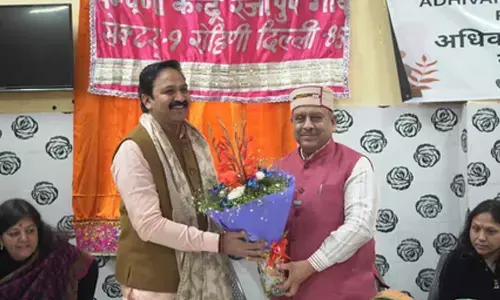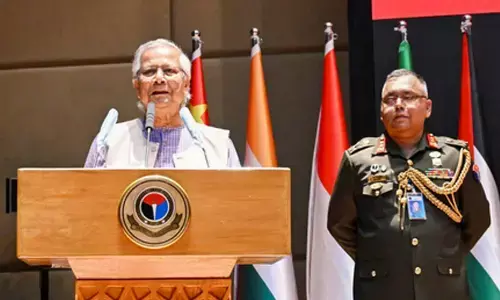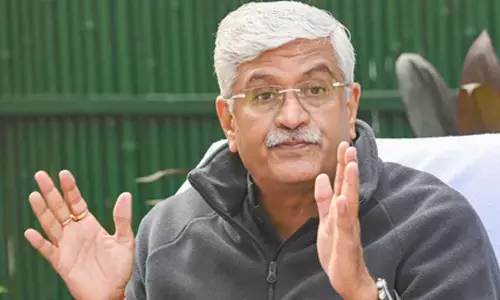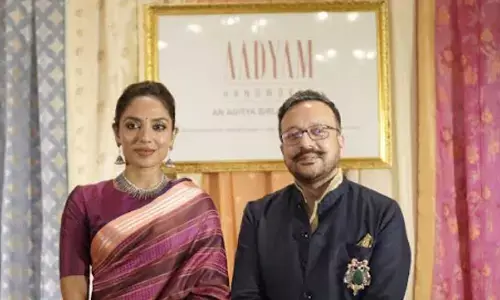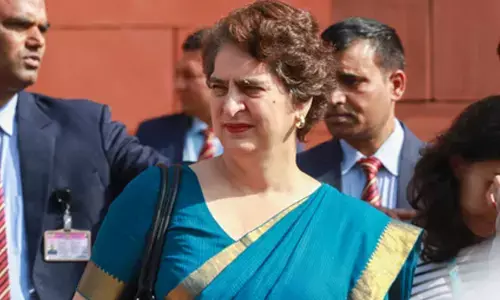To retire or not: It's not ours to reason why, but to do and die
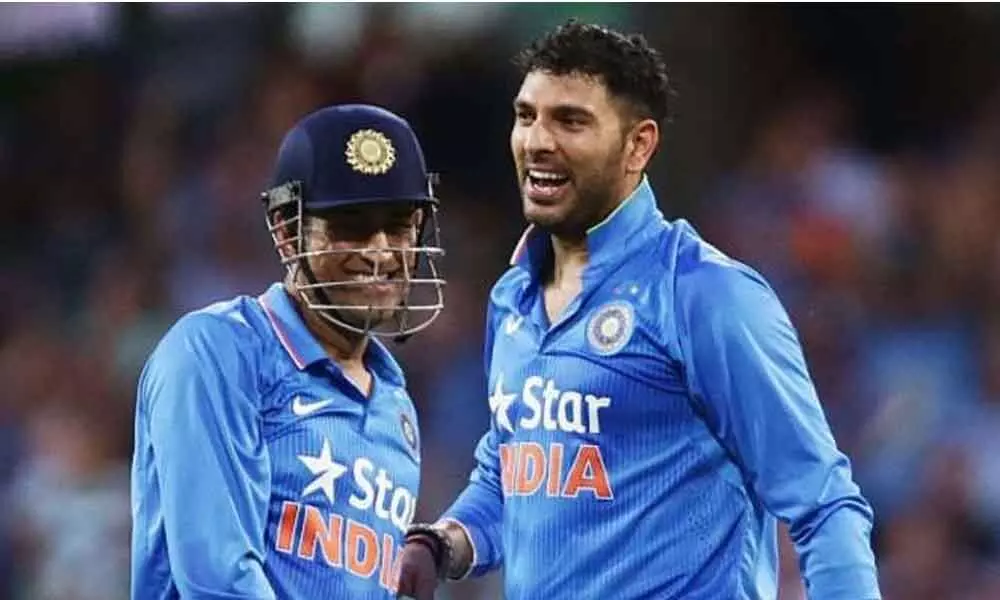
To retire or not: It’s not ours to reason why, but to do and die
Retirement finally hits one in all occupations. The world is getting younger and so should the elders if they want to survive the progressive world that is flashing fast before them
Retirement finally hits one in all occupations. The world is getting younger and so should the elders if they want to survive the progressive world that is flashing fast before them. Modern technology is progressing at a pace that requires the young and the old to keep themselves abreast.
The young ones are striving hard to make a life whereas the old are becoming fitter and mentally sharper to keep alive. Their bodies may be aging but their minds are exploding with the wealth of knowledge that they can access with just one click of the finger.
In the corporate world, the retirement age restrictions play a significant part to end one's career, even though one is fit mentally and physically to continue. The reason for this is to primarily make way for youngsters as well as for the elderly to enjoy the remainder of their lives in relaxing and pursuing their passion.
Unfortunately, the world today has brought a complete change in the way one looks at life. Passion-plus-interest is the new modus operandi and people are making their living by following their dreams.
In sports, age is a very important factor. In India, a sportsman after the age of 30 is usually on a declining graph. A 30-plus cricketer is referred to as a veteran. As he grows older, he gradually loses his buddies and becomes a loner, who was once respected but somehow is not on the same wavelength as the rest.
A present day sportsperson is a different breed entirely. The money that is being generated, and earned by one, is a very important factor in continuing one's sport. Players now have access to fitness machines and regimes and with monitored diet control, they are at least 10 years younger than their age, so to speak. In cricket, it is no different. The skill to play the game is what a cricketer develops when he is young. And the agility, strength, and stamina that differentiates the old and the new has now become redundant.
The decision to retire, especially for an Indian cricketer, is a very difficult one. One puts in hours and hours of hard work, at times in hot and sizzling weather, playing matches at every given opportunity to hone one's skill. The conditions are very tough in one's early days.
To make it to the first-class level a cricketer needs to forgo everything to reach there. An outsider only sees the glamour quotient at the end of it, but the time that a cricketer spends on cricket gives one very little opportunity to educate himself or make another career. The intense competitiveness in Indian cricket is a scorching task at present, and just to sustain and be a part of it requires a phenomenal amount of dedication and sacrifice.
Fortunately, money is there in Indian cricket, but it has taken away the options of pursuing another career when cricket is done. The earlier cricketers were amateurs and as cricket was not a 'profession' as such, the game could not give them a lifetime support. Education, therefore, was an important factor in providing them with a job and so retirement from cricket was a far easier option than what a cricketer is facing today.
Cricket is now a big business and with no other options available, a modern cricketer hopes to engage in as many years playing the sport as possible. Yuvraj Singh has been a very successful Indian cricketer and when he announced retirement a year ago, one felt he deserved to finally rest and relax. A year in oblivion was enough to draw him back to his favorite sport.
He has requested the BCCI to grant him permission to play domestic cricket again as he wants to represent his home state Punjab. Yuvraj is a good example of how life can become dull while staying away from the only profession that one has mastered. He may have made plenty of money, invested in businesses, and may have been involved in several ventures outside the game. But all that becomes insignificant when he compares it to what he is most comfortable with -- and that is playing cricket.
Players such as Yuvraj, Dhoni, Raina and so many of the other senior lot of cricketers who have retired, or are on the verge of retirement, need to be encouraged to continue doing service to cricket for their state associations. The BCCI should allow them to play T20 league cricket tournaments around the world, if they so desire, once they have officially retired from representing the country.
Why shouldn't such cricketers be permitted to play wherever they want to? The rule that one needs to retire from all formats of the game in India to play in other leagues is unfair. It takes one back to the famous quote by Lord Tennyson: "Ours not to reason why, ours but to do and die".
(Yajurvindra Singh is a former Test cricketer. Views expressed are personal)








